Solace – A Mexican Serenade – Saxophone Quartet (1909)
A Mexican Serenade
Scott Joplin (1868 – 1917)
SATB Sax Quartet
Solace – A Mexican Serenade – Saxophone Quartet. Music by Scott Joplin arranged for SATB Sax Quartet. Although Joplin sub-titled the work “A Mexican Serenade”, it has more in common with a tango or Cuban habanera. Whatever its origins, “Solace” is a beautiful ragtime serenade with a wistful, slightly melancholy feel to some of the melodies. “Solace” was one of Joplin’s compositions featured in the soundtrack of the 1973 film The Sting and helped to revive his music’s popularity.
The following parts are included in this arrangement of Solace – A Mexican Serenade – Saxophone Quartet.
- Saxophone Quartet SATB Score (transposed)
- Soprano Saxophone
- Alto Saxophone
- Tenor Saxophone
- Baritone Saxophone
The time signature is 2/4 throughout. It uses an ABACD form. The tempo in the original piano work is simply “slow march time”. This arrangement suggests a beginning tempo of eighth note = 100 for the A strain and a slight increase to eighth = 108 for the B, C, and D strains. As Joplin himself said: “never play ragtime fast”.
This arrangement of Solace – A Mexican Serenade is for SATB saxophone quartet and is in the original keys. In addition to Saxophone Quartet, this arrangement is also available for Flute Quartet, Double Reed Quartet, Clarinet Quartet, and String Quartet. All parts are interchangeable so long as parts 1-4 are covered.
A master set of all parts with a C score is available.
- The range for each saxophone part is shown below.
- Audio and score excerpts are available above.
- Registered users can download a complete sample score and full length audio file of Solace – A Mexican Serenade – Saxophone Quartet on the ‘Samples’ tab above.

This arrangement is also available for Flute Quartet, Double Reed Quartet, Clarinet Quartet, and String Quartet as well as Saxophone Quartet. All parts are interchangeable so long as parts 1-4 are covered.
A Master set of all parts with a C score is available here.
About the Composer
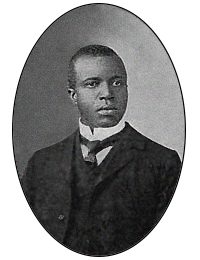 Scott Joplin (November 24, 1868 – April 1, 1917) American composer and pianist. Scott Joplin’s is the name perhaps most associated with ragtime. Born sometime between the summer of 1867 and mid-January 1868, Joplin’s career took him from a modest homestead on the Texas-Arkansas border to New York’s Tin Pan Alley New York City, where he would eventually try his luck with composers like a young Irving Berlin. Although he continued composing until just before his death in 1917, Joplin’s greatest fame came from his years in the Midwest where he was acknowledged as the “King of Ragtime.”
Scott Joplin (November 24, 1868 – April 1, 1917) American composer and pianist. Scott Joplin’s is the name perhaps most associated with ragtime. Born sometime between the summer of 1867 and mid-January 1868, Joplin’s career took him from a modest homestead on the Texas-Arkansas border to New York’s Tin Pan Alley New York City, where he would eventually try his luck with composers like a young Irving Berlin. Although he continued composing until just before his death in 1917, Joplin’s greatest fame came from his years in the Midwest where he was acknowledged as the “King of Ragtime.”
Joplin enjoyed his greatest success in Sedalia, Missouri, where he studied music at George R. Smith College and played with several ensembles, among them the Queen City Cornet Band. He opened his own piano studio and taught and encouraged other composers whose names eventually joined his in ragtime history. These young talents included Arthur Marshall and Scott Hayden; Joplin collaborated with the former on the cakewalk “Swipesy” (1900) and the latter on the two-step “Sunflower Slow Drag” (1901). (Years later in New York, Joplin met and mentored another future ragtime great, Joseph Lamb.) Joplin’s musical activities in Sedalia brought him in contact with the source of ragtime-piano playing in African American social clubs. In fact, Joplin’s engagements at the popular Maple Leaf Club inspired his most famous tune, “The Maple Leaf Rag” (1899).
Joplin’s theories about ragtime are stated eloquently in his self-published School of Ragtime (1908). Written in the style of an art music treatise, School demonstrates how serious Joplin was about ragtime–a type of music that many in contemporary America condemned as frivolous. He warned that not all syncopated music “that masqueraded under the name of ragtime” was genuine. Only by giving each note its proper value and by “scrupulously observing” the music’s markings could a pianist achieve the correct effect. Above all, he cautioned, “never play ragtime fast at any time.” “Joplin ragtime,” as he termed his style, would be destroyed by careless interpretation.
Although he and his music were largely forgotten after his death, the ragtime revival of the 1970s brought Joplin renewed attention. In January 1972, his opera Treemonisha (1910), which he had been unable to stage during his lifetime, premiered in Atlanta. When his 1902 rag The Entertainer became the cornerstone for the soundtrack of the 1973 film The Sting, the popularity of ragtime soared.
Library of Congress, accessed 5/30/2024, <https://www.loc.gov/item/ihas.200035815>

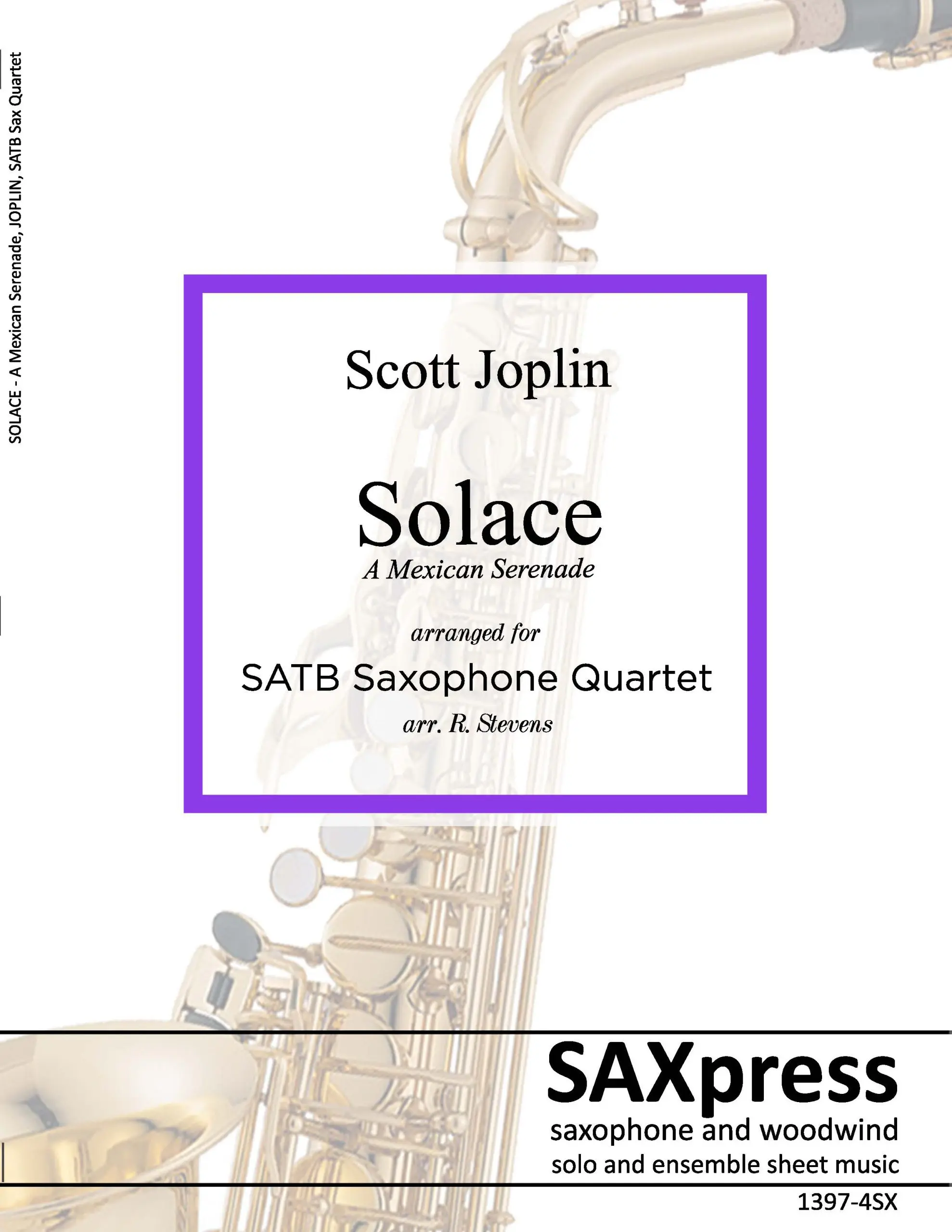
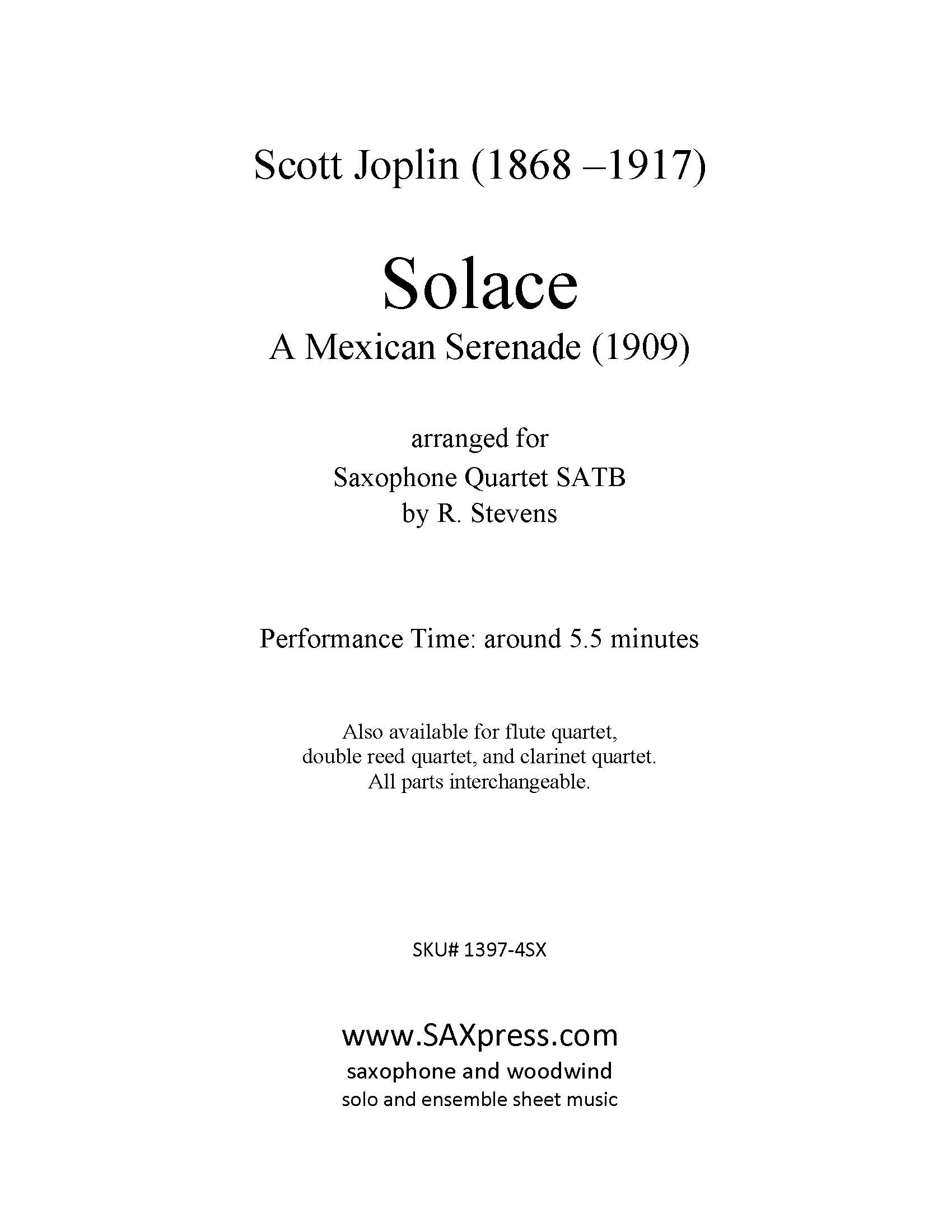
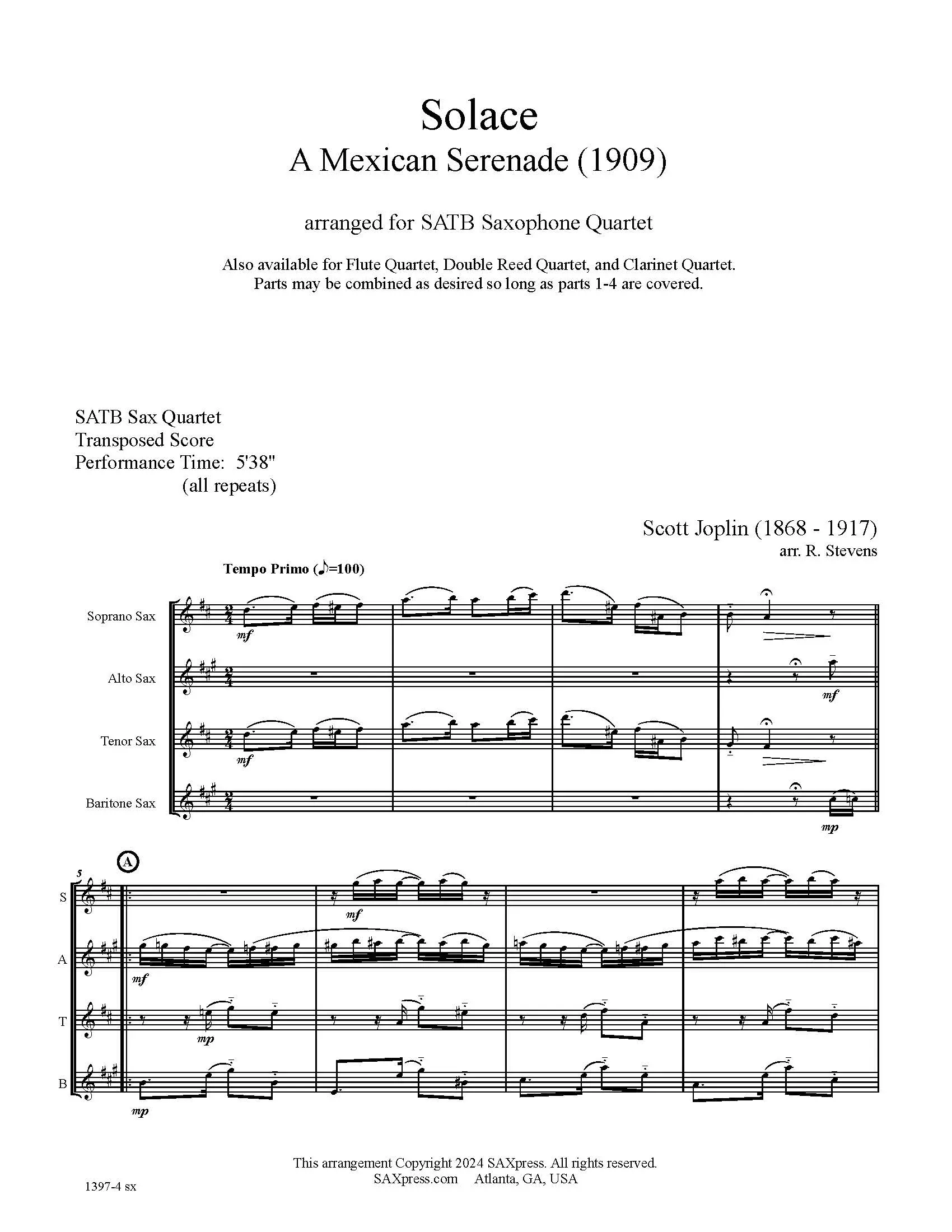
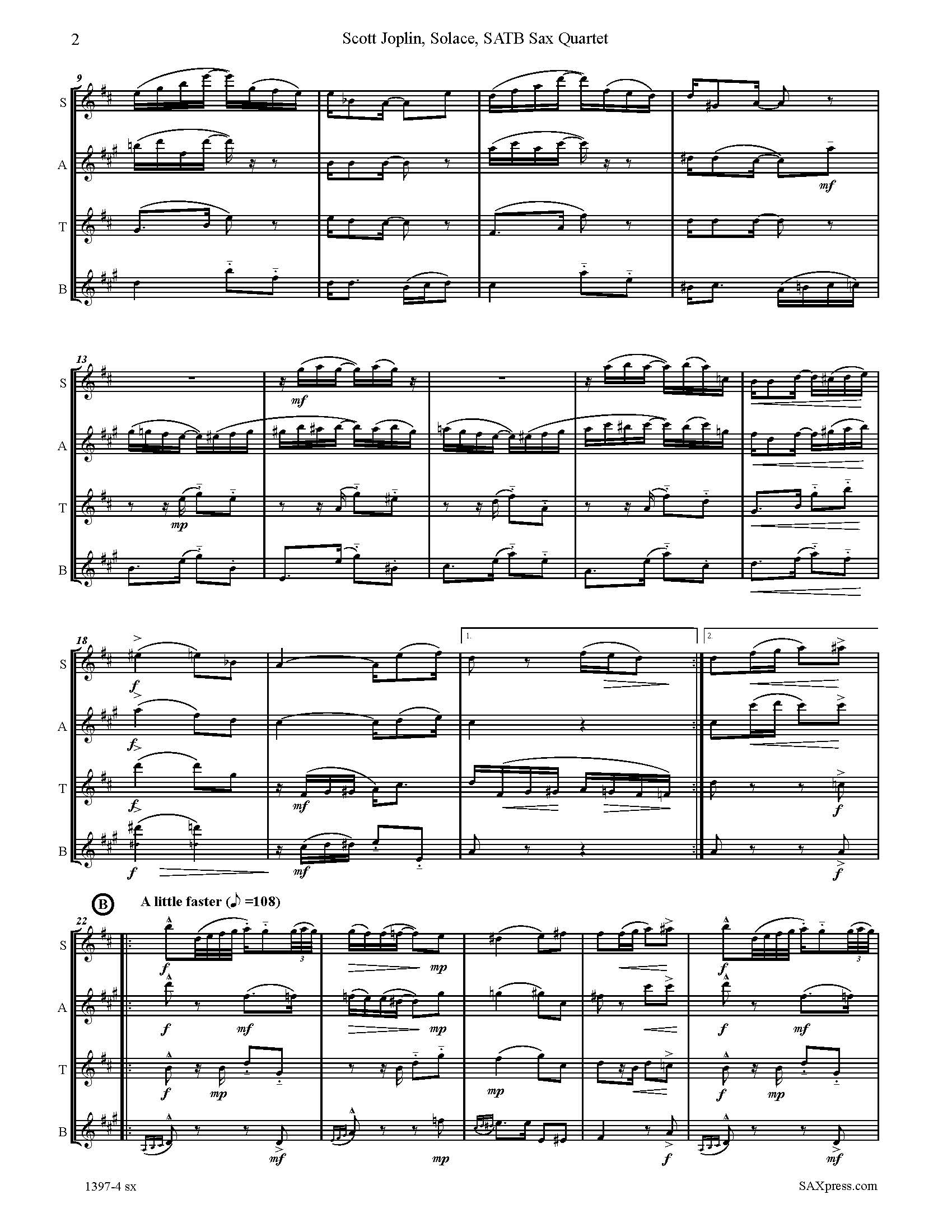
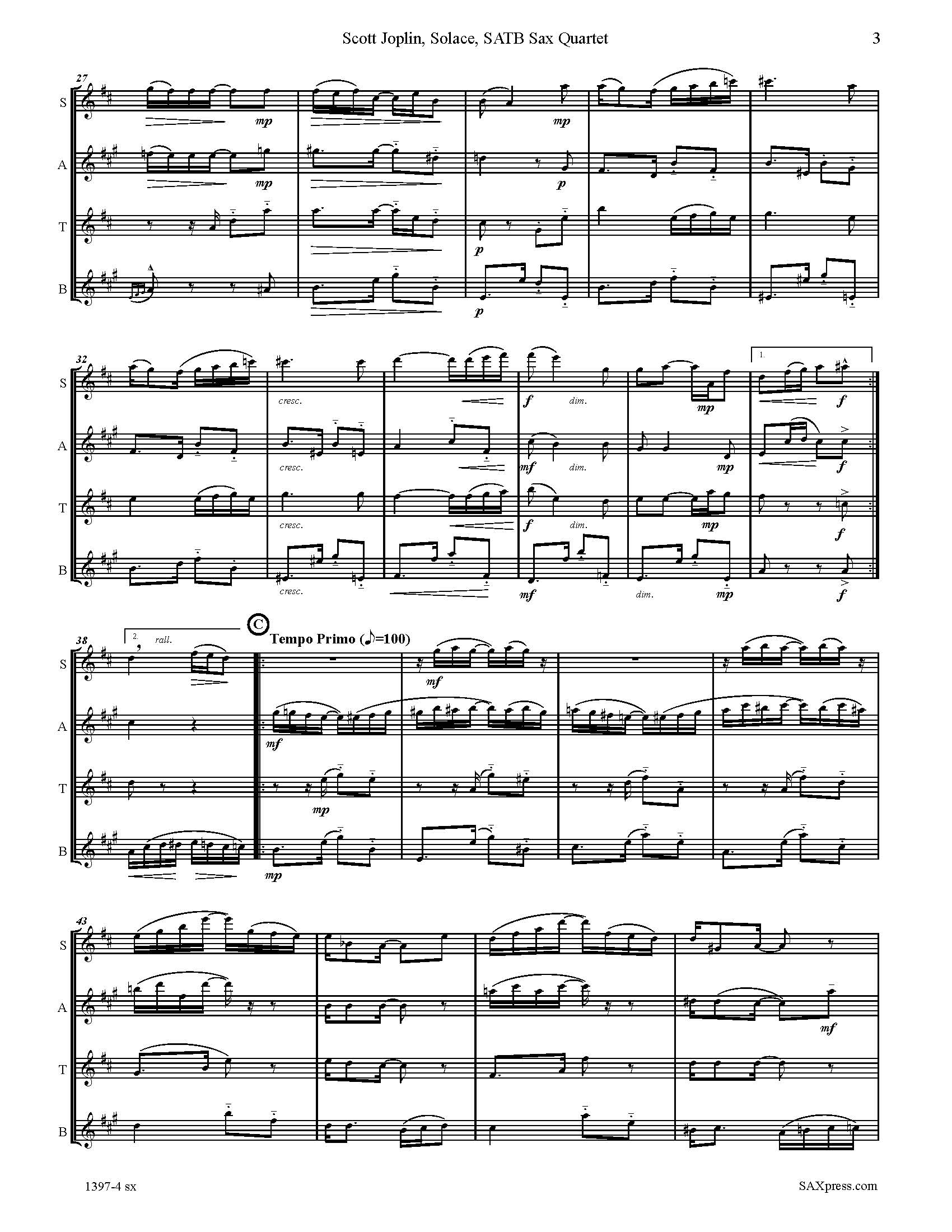
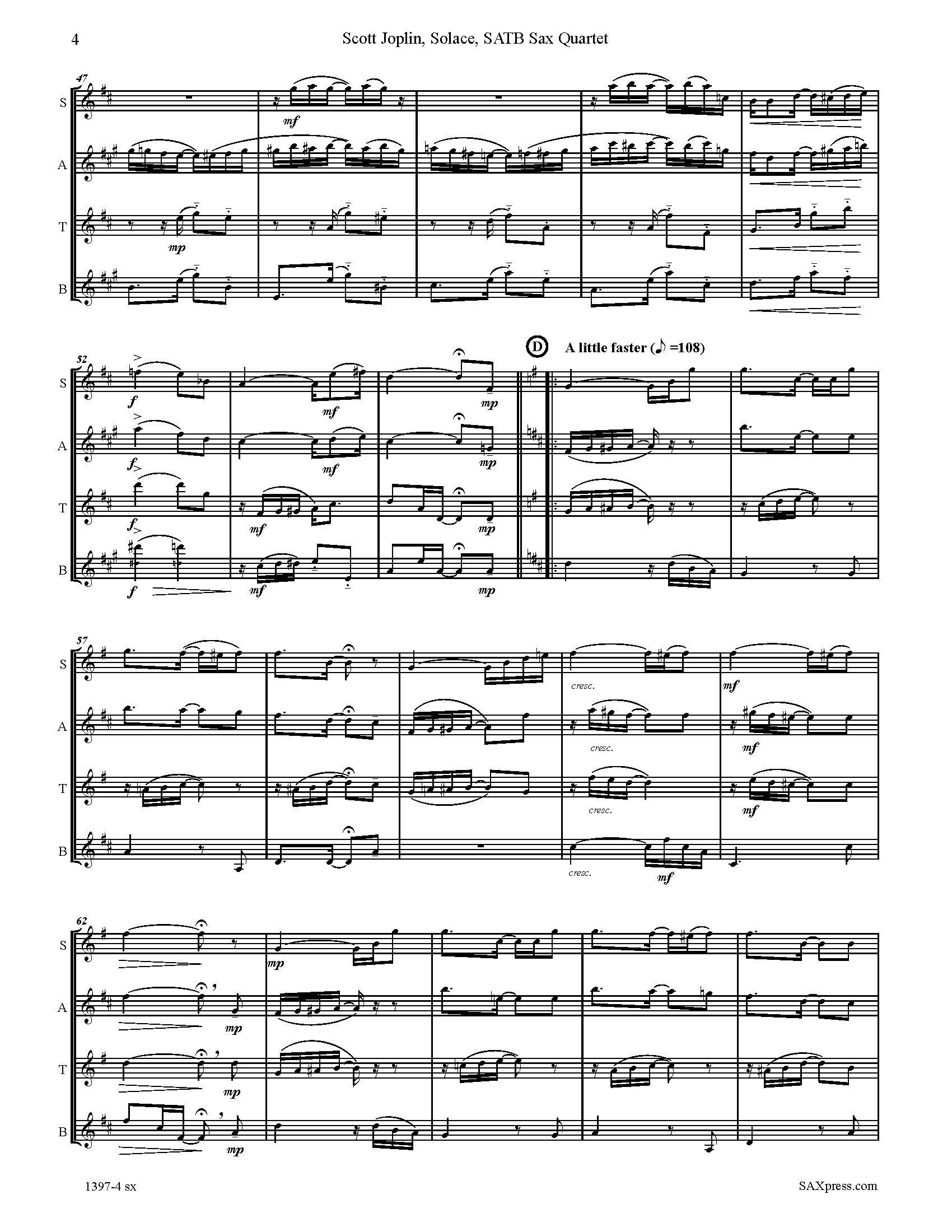
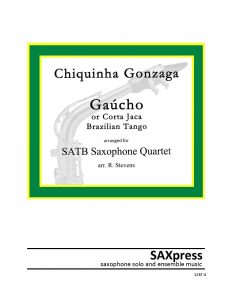
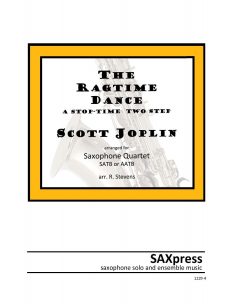
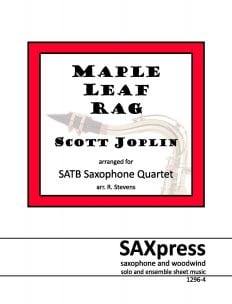
Reviews
There are no reviews yet.